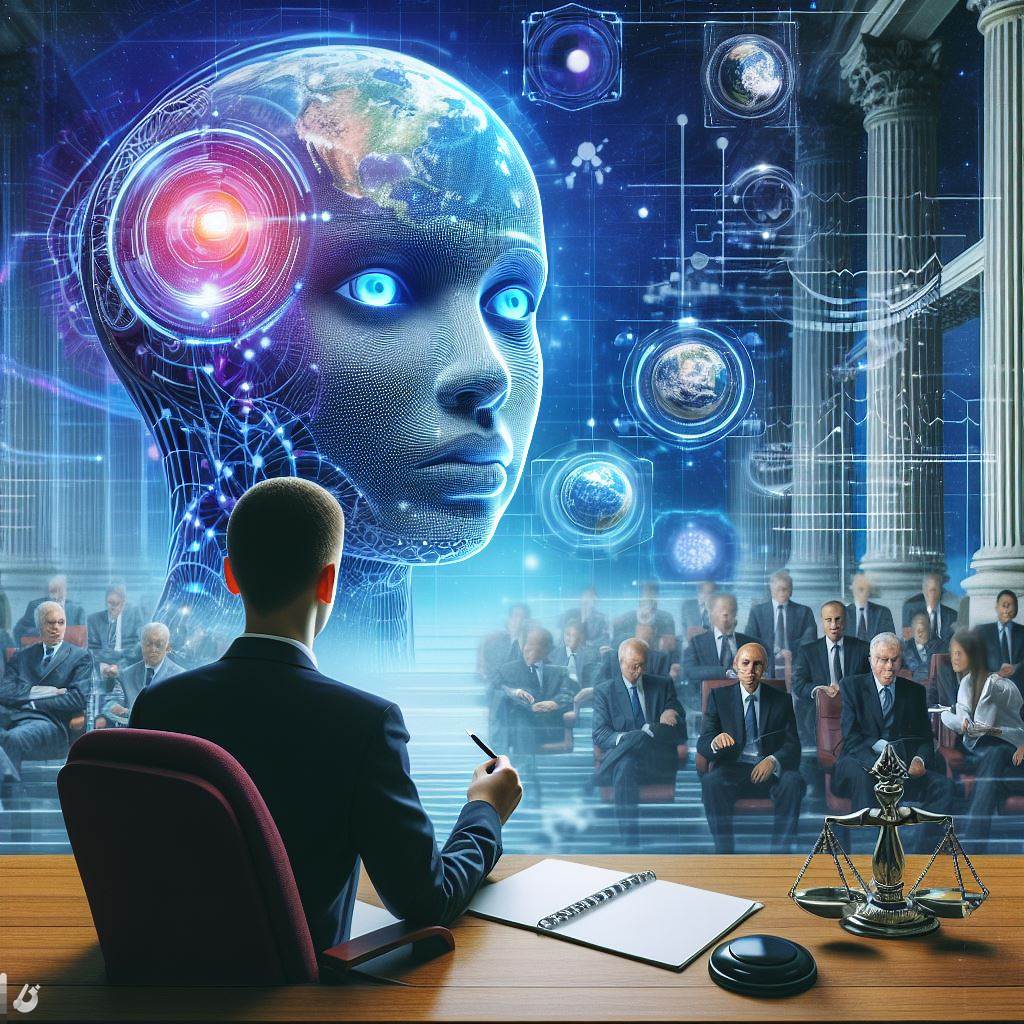
As Artificial Intelligence (AI) gains prominence in 2023, the need for effective regulation becomes apparent. Industry experts anticipate key developments in AI law for the upcoming year, addressing global regulations, compliance challenges, and potential legal resolutions.
EU AI Act: Delays and Criticisms: In 2023, the European Union took a significant step in regulating AI with the proposed "EU AI Act." Despite initial progress, concerns arise over potential delays and criticisms of over-regulation. Lothar Determann, a partner at Baker McKenzie, expresses caution, stating, "It does not seem entirely impossible that we might see a similarly delayed timeline with the enactment of the EU AI Act."
Compliance Challenges in 2024: While regulations evolve, compliance challenges persist for companies. Laura De Boel, a partner at Wilson Sonsini Goodrich & Rosati, notes that the European Commission urges voluntary compliance with the AI Act's key obligations. However, without a comprehensive regulatory scheme, businesses may grapple with applying existing regulations to AI.
US Executive Order and Compliance Standards: In the United States, President Joe Biden's executive order introduces new AI safety standards. Despite aligning with principles of "safety, security, trust, openness," the order's vague language creates a challenging climate for developers. Adam Struck, a founding partner at Struck Capital, highlights difficulties in anticipating risks and compliance.
Anticipated Specific Laws: 2024 may witness the emergence of narrowly framed laws, particularly against AI-generated deepfakes. Countries like the U.S. and India are considering regulations targeting political deepfakes. Determann advises businesses to stay informed on developments, including disclosure requirements and audit standards for AI products.
Regulations on Technology Investments: Rumors circulate about potential regulations focusing on technology investments. The U.S. Senate has discussed legislation requiring companies to report investments in Chinese technologies, emphasizing semiconductors used in AI.
Copyright Clarification: Expectations are high for a clarification of copyright infringement in the AI space. High-profile lawsuits against leading AI developers, such as OpenAI, Microsoft, Meta, and Google, highlight the need for resolution. The industry anticipates clarity on what constitutes copyright infringement in various content domains.
ChatGPT's Predictions: In a unique approach, Cointelegraph consults ChatGPT for its predictions on AI law in 2024. ChatGPT foresees global strict regulations on ethical concerns, clearer liability standards, increased emphasis on data privacy, demands for transparency in AI algorithms, specialized regulatory bodies, updates to labor laws considering AI, and efforts to establish a cohesive international framework.
Conclusion: As AI continues to shape our digital landscape, 2024 promises to be a pivotal year for AI law. From potential delays in EU regulations to evolving compliance challenges and the anticipation of specific laws, stakeholders must stay vigilant. Clarity on copyright issues and the implementation of ChatGPT's predicted developments will contribute to a comprehensive and evolving regulatory landscape. Stay tuned for updates in the dynamic field of AI law in 2024.